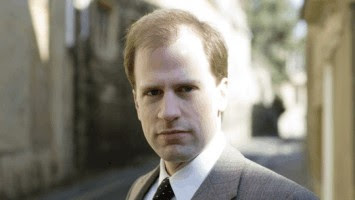

AI pressed into service by well-meaning companies can create unintended and not-so-funny spoof reels, providing a lesson about blind computation. Pundits and the rest of us worry about surveillance states, rigged elections, and politically incorrect results (suddenly recognized as such) from mindless machines owned by billionaires. AI is actually in the world now-the world we live in. The trend is welcome, in large part because discussion about AI is finally starting to sound more realistic. The old narrative hasn’t died so much as that all the Promethean excitement it generated a few years ago has by degrees faded. It’s so mainstream that Forbes: or the BBC might still run a story about the coming life-like AI even as, weirdly, Wired magazine, the putative home of tech futurism, does so less and less. If anything, futurism about the arrival of true AI has become de rigueur. Futurist Ray Kurzweil, Google’s Director of Engineering, still commands large audiences eager to hear his divinations of the inevitable arrival of truly intelligent AI-AI with common sense he means, for one, but also AI with a mind and feelings. Few people openly scoff at, say, Elon Musk’s declaration that we’re “summoning the devil” with true AI (the thinking kind, that Bostrom warns us about). So far as I can tell, we have the same cast of characters prognosticating about AI and the future today. It’s not that the countercultural voices won. Later, I wrote an article in The Atlantic about AI hype, highlighting what I then called a counterculture of thinkers who question Bostrom-like worries about the imminent rise of machines.

I treated the talk as a diversion, a lesson in, say, the sociology of technology, where strange futuristic theories get taken seriously without any evidence or basis. The audience, it seemed, shared his concern and the Q&A featured lots of serious questions and comments about what to do when AI becomes smarter than Einstein-in other words, smarter than any of us. AI is an existential threat, he explained, a possible destroyer of worlds that we aren’t treating seriously enough. In 2014, I attended a talk by Oxford philosopher Nick Bostrom (right), who drew attention to his just-published book, Superintelligence: Paths, Strategies, Dangers, by warning us all about the threat of superintelligent AI.


 0 kommentar(er)
0 kommentar(er)
